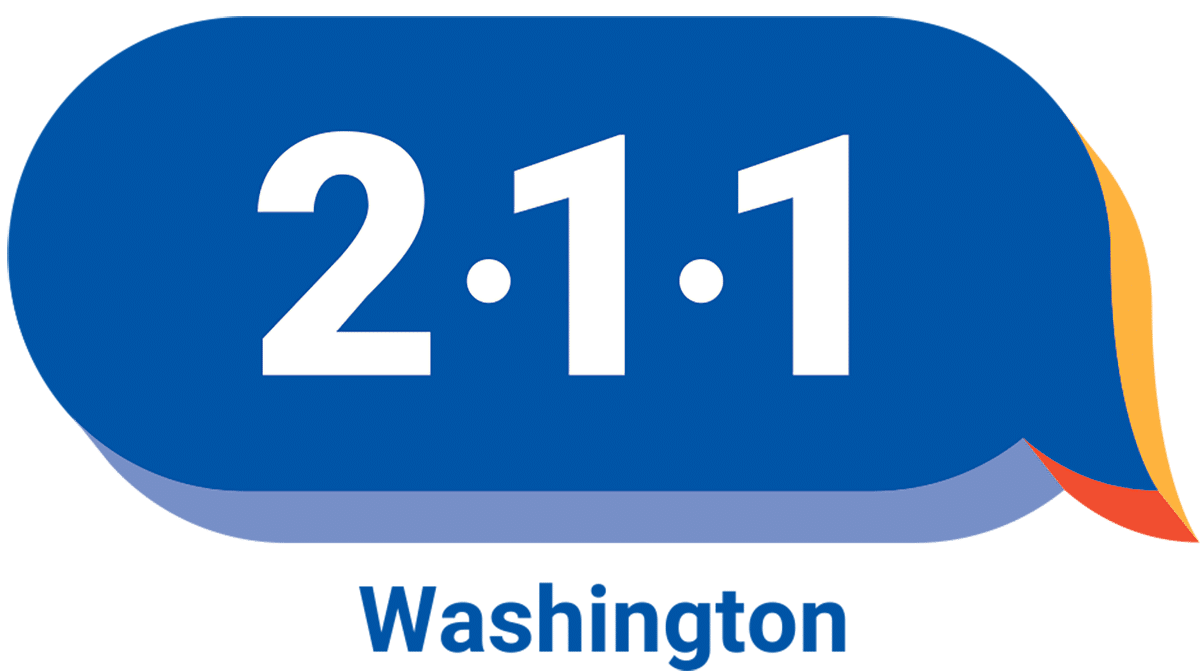WA 211 COVID-19 Virus Response Update
March 20, 2020
Washington 211 Network Designated as Principle Call Center
| The Washington 211 (WA211) network has been designated and contracted by the Washington State Department of Health (DOH) to serve as the principal call center to provide information and referrals about the Coronavirus (COVID-19). At this time calls are being answered from the DOH 1-800-525-0127 number through the Washington 211 call system. Washington 211 has converted its operations to an emergency response system and is prioritizing COVID-19 calls. Though people can still call 211 for information and assistance on community resources, they will be transferred to the state 800 number if they request information about COVID-19 (WA211 is encouraging people to call the DOH hotline so that they can connect directly with a COVID-19 specialist). The same is true for persons requesting community services on the COVID-19 hotline, they are asked to call 211. This allows WA211 to direct traffic to the most appropriate agent and allows WA21 to continue to handle some 211. WA211 providers have successfully ramped up operations, staffing and available hours to meet the demands of state residents seeking information and help about the coronavirus. During the March 11-19 period, 211 agents across the state fielded COVID-19 calls and the following key data points tell the story: – Agents across the state fielded 10,819 calls with 550 stating that they had symptoms or were sick – Another 5,750 calls entered the COVID-19 voice system and were self-resolved – After taking over the COVID-19 helpline, call abandonment rates dropped from over 50% to an average of 23.3% and continues to decrease. – Call agents spent 218,502 minutes (an average of 20 minutes per call) providing resources and information to residents – Across the state, 60 new temporary employees and volunteers have been recruited and trained to take calls – A total of 128 agents are available and 51% are now able to work remotely |
| What do Callers Want to Know? Below are the top 10 questions 211 agents are fielding across the state, by order of most times asked. These questions show what residents are concerned about and most need to know: 1. What are symptoms to watch out for? 2. How do I get tested? 3. Should I get tested? 4. How can I protect myself? 5. What about other specific populations/situations? 6. What businesses are shut down? 7. How do I know if I was exposed? 8. What should I do if I was exposed but am not sick? 9. What can I do to plan? 10. What if I have symptoms but not been around anyone who has been diagnosed? |
